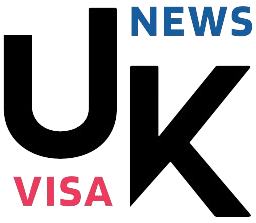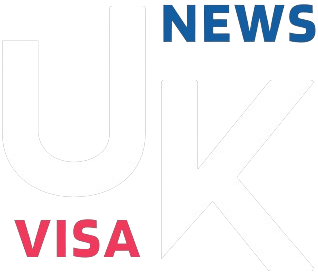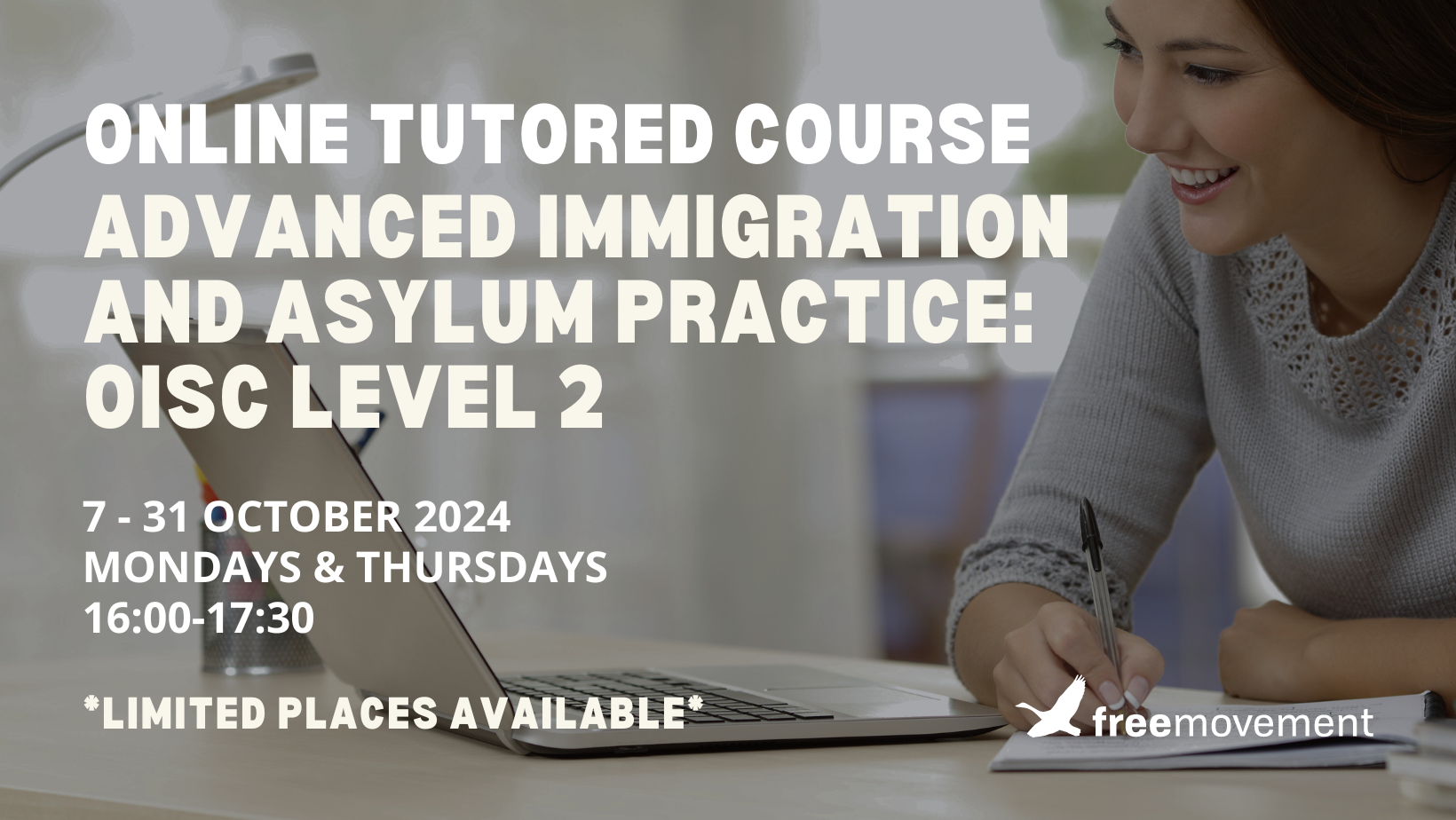By Isabella Reynard – Immigration Barrister
Section 4L of the British Nationality Act 1981, (‘The 1981 Act’), is a path to British citizenship for adults who would have been in a position to get hold of citizenship, was it not for a number of of three causes. This route goals to supply a pathway to citizenship for many who had been affected by historic legislative unfairness. This was launched by the Nationality and Borders Act 2022 which accommodates different measures to cope with historic unfairness, a few of that are defined in our submit: Nationality and Borders Act 2022: Discretionary Adult Registration and Naturalisation Requirements.
Part 4L units out the necessities for registration:
If an utility is made for an individual of full age and capability (“P”) to be registered as a British citizen, the Secretary of State could trigger P to be registered as such a citizen if, within the Secretary of State’s opinion, P would have been, or would have been in a position to grow to be, a British citizen however for—
- historic legislative unfairness,
- an act or omission of a public authority, or
- distinctive circumstances referring to P.
As such, a number of of those causes should have straight prevented the applicant from turning into, or with the ability to grow to be, a British citizen.
Evaluation as to British Citizenship
The choice maker will think about whether or not an applicant would have, or would have been in a position to grow to be, bar the rationale(s) set out, both:
Historic Legislative Unfairness
The 1981 Act states at section 4L(2) that historic legislative unfairness contains however is just not restricted to circumstances the place P would have grow to be, or wouldn’t have ceased to be, a British topic, a citizen of the UK and Colonies or a British citizen, if an Act of Parliament or subordinate laws had:
- handled women and men equally,
- handled kids of single {couples} in the identical manner as kids of married {couples}, or
- handled kids of {couples} the place the mom was married to somebody aside from the pure father in the identical manner as kids of {couples} the place the mom was married to the pure father.
The above are due to this fact examples of what could be thought of legislative unfairness. For background data concerning the historical past of nationality regulation within the UK, the House Workplace has produced steering here.
The House Workplace guidance on ‘Registration as a British citizen in special circumstances’ means that this could even be the case for inequality of therapy because of a protected characteristic. There have to be a direct hyperlink between the unfairness within the regulation and the person’s incapability to acquire citizenship.
The guidance makes clear that the place people didn’t grow to be a British citizen because of a legislative change, they’ll sometimes not achieve success underneath this provision. It is because Parliament could have made a aware determination about nationality regulation adjustments, regardless of the implications of such being seemingly unfair. It additional notes that it’s Parliament’s intention that citizenship will usually solely be handed on for one era born abroad and the provisions of the 1981 Act will not be supposed to alter that. However, every utility ought to be thought of by itself deserves.
It’s price contemplating if an applicant’s circumstances match extra squarely underneath the opposite provisions of the 1981 Act, together with these for kids of British dad and mom in part 4C and 4F to 4I of the 1981 Act or provisions for children of unmarried parents.
An Act or Omission of a Public Authority
The 1981 Act defines a public authority as any public authority inside the that means of section 6 of the Human Rights Act 1998. This can be a courtroom, tribunal or any individual whose features are of a public nature, together with authorities departments and native authorities. It doesn’t embody both Home of Parliament, MPs or members of the Home of lords.
As with the opposite components, the person should clearly present how an act or omission straight prevented them from being, or with the ability to grow to be, a British citizen.
Distinctive Circumstances
The 1981 Act doesn’t outline distinctive circumstances; nevertheless, examples of what would possibly represent distinctive circumstances are contained inside the guidance doc. This doc additional explains that part 4L is just not supposed for use as a mechanism for circumstances the place a person doesn’t meet the necessities for different routes.
It additional explains that the place a person’s circumstances could be distinctive or compelling, it must be demonstrated that it was these circumstances that straight prevented them from turning into a British citizen.
Different Concerns: Good Character Requirement
The related guidance states the choice maker could consider whether or not an applicant is of excellent character.
If the person would have been in a position to purchase citizenship by way of registration or naturalisation however for one of many above causes, underneath a provision that had an excellent character requirement, then their good character should be thought of.
These provisions are:
- 1(3) – baby born within the UK whose mother or father grew to become a British citizen or grew to become settled in the UK whereas the kid was a minor
- 1(3A) – baby born within the UK whose mother or father turns into a member of the armed forces whereas the kid is a minor
- 1(4) – an individual (of any age) who was born within the UK and lived there for the primary 10 years of their life
- 3(1) – discretionary registration of a kid underneath 18
- 3(2) – a toddler born exterior the UK to a British citizen by descent mother or father, and that mother or father has lived within the UK for 3 years earlier than the delivery
- 3(5) – a toddler born exterior the UK to a British citizen by descent mother or father, and the kid and each dad and mom have lived within the UK for 3 years
- 4(2) – registration based mostly on 5 years residence
- 4(5) – registration based mostly on Crown service.
- 4A – registration of a British abroad territories citizen
- 4D – kids born exterior the UK to members of the armed forces
- 5 – British abroad territories residents with a connection to Gibraltar
- 10(1) or 10(2) – registration following renunciation of citizenship of UK and Colonies
- 13(1) or 13(3) – registration following renunciation of British citizenship
- registration underneath part 4F, if the registration was on the premise that the individual might have certified underneath part 1(3), 3(2) or 3(5), had their dad and mom been married
If the person would have acquired citizenship mechanically, however for the above causes, the choice maker won’t ask them to offer proof that they’re of excellent character. The guidance additional supplies that a person who missed out on an automated declare to citizenship won’t usually be refused on character grounds.
Additional data on good character may be present in this blog post.
When May This Apply?
A number of examples are given of when it could be acceptable to grant an utility underneath part 4L. No exhaustive record is offered and as such every case ought to be thought of by itself deserves.
A few of these examples are summarised beneath:
Historic legislative unfairness:
- These with British grandmothers in Crown Service;
- These born within the UK to international diplomats;
- These born to a mom in a civil partnership with a British citizen earlier than 2009;
Act or Omission of a Public Authority:
- These prevented from qualifying for citizenship because of a House Workplace act or omission – though, observe the separate Windrush Scheme if relevant.
- Those that had been in native authority care who would have been eligible to register however the native authority didn’t accomplish that;
Distinctive Circumstances:
- These adopted by British residents within the UK after turning 18.
What Sort of Citizenship Does a Grant Beneath 4L Give?
If a person is registered underneath part 4L, they’ll grow to be a British citizen in any other case than by descent. They may have the ability to go on their citizenship to a toddler born exterior of the UK.
Contact Our Immigration Barristers
For professional recommendation and help in relation to registration purposes and part 4L, contact our immigration barristers in London on 0203 617 9173 or through the enquiry kind beneath.







